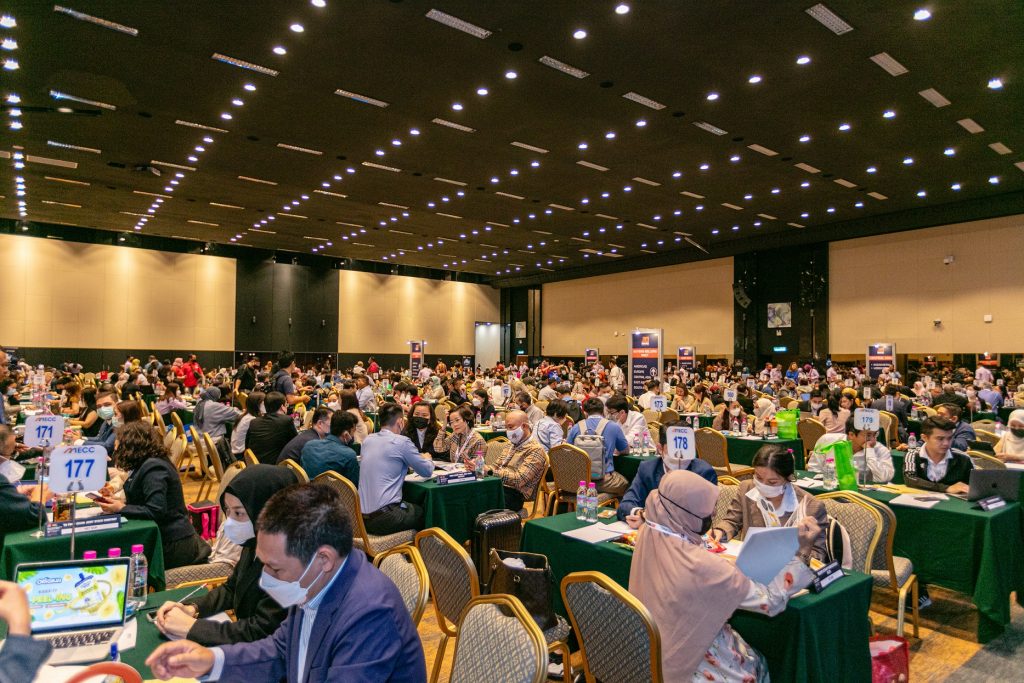 expected to reach Dh19 billion in 2017. The sales value of tea and coffee products sold within grocery stores is expected to surge to Dh4.4 billion by 2020, while growing demand for organic food products is expected to significantly boost sales in this category to Dh145 billion in the same year.
expected to reach Dh19 billion in 2017. The sales value of tea and coffee products sold within grocery stores is expected to surge to Dh4.4 billion by 2020, while growing demand for organic food products is expected to significantly boost sales in this category to Dh145 billion in the same year.The GCC’s food import bill will double over the next few years to 53.1 billion, according to a Meed Insight Thought Leadership Report.The Middle East Food Sector 2016 report says prevailing climatic conditions in the GCC, which currently produces only 30 per cent of its food requirements and imports the remaining 70 per cent worth over 150 billion annually, will keep it dependent on food imports for the foreseeable future.
The report identifies food as the GCC’s highest consumer spend segment and predicts it will rise a further five per cent to reach 106 billion by 2017. However, it also says high urbanisation rates will affect spending patterns – identifying growing demand for convenience, frozen and packaged food. It says the Middle East will play a role in developing a global frozen food market forecast to reach 293.7 million by 2019.The report says that by 2018, the GCC will see significant growth in organic farming, food retailing and its F & B service segment predicting that within two years the region’s organic farming market is expected to be worth 1.5 billion; its food retail market will grow to 155 billion and its overall F & B segment to 13.2 billion.
Atiq Juma Nasib, senior vice-president of Commercial Services at Dubai Chamber, outlined various advantages that Dubai provides food suppliers and exporters around the world, including the emirate’s strategic geographic location, which enables its trade partners to easily access markets across the Middle East, Africa and Asia, in addition to its world-class logistics infrastructure and investor-friendly business environment.
He said the positive outlook for the UAE’s food and beverage sector is supported by the country’s fast-growing

population, thriving tourism market, rising household spending, and growing acceptance of healthy and organic food products among consumers.
Amina Ahmed Mohamed, executive director of Emirates International Accreditation Centre, spoke about the role of accreditation in the halal food industry, and the Centre’s efforts to ensure that all products that are certified as halal actually comply with Islamic law.
She added that establishing an internationally recognised trademark would stand to expand the trade of halal food products around the world.



